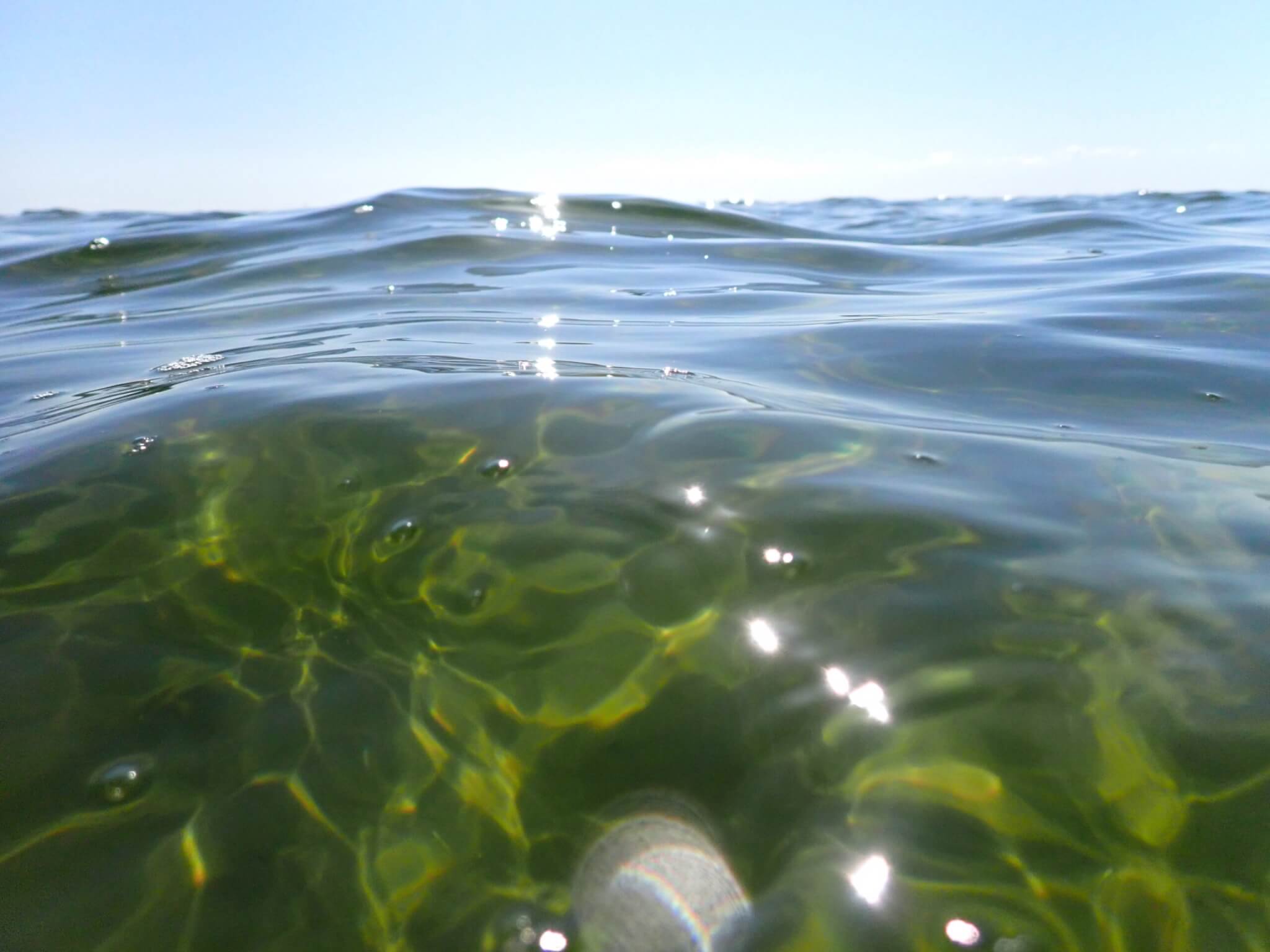
Podcast recommendation: The Happiness Lab on pseudo-productivity and how we should work instead
My friend Frauke recommended I listen to the episode “Why don’t we have a 15-hour work week” of The Happiness Lab podcast, and I recommend you do, too! Here are my main takeaways (but you should really listen to the episode yourself, they have a great way of making their points!).
In a nutshell: It is sometimes helpful to remember that our lifetime is finite. We cannot possibly do everything that we want to do, much less what everybody else wants us to do. So do we really want to start each day working on what is loud and urgent, rather than on what actually matters?
In this episode, they talk a lot about pseudo-productivity: visible activity that might give others and ourselves the impression that we are productive. For example, quickly responding to messages on email, Teams, Slack, all the channels; or having an empty inbox at the end of the day (I wish! Or maybe not?). Doing those things leaves a trace of activity (and sometimes we might or might not optimise what we do in order to leave the best trace), and we might feel anxious when we aren’t engaging in this game because it looks as if we aren’t working when we feel that we should, and in that way. Business has become a status symbol that is strongly tied to our self-worth, but for knowledge work, there is no direct connection between how much time we put into something and the quality of the output. Instead, we know that quality of work increases if we give it our full attention and don’t break it for everything that could pop up or ping. The more quickly we respond to stuff, the more work we are creating for us anyway because people will respond back, and the more pressure we also put on ourselves to maintain the reputation of being someone who responds promptly.
Instead of pseudo-productivity, we should be focussing on slow productivity. For that, the advice is to
- do fewer things at once. The more things we do simultaneously, the more time is being eaten up by administrative overhead. Doing fewer things at once does not mean that we do fewer things overall, just that we do them in sequence
- work at a more natural pace. We need to acknowledge variability in energy and productivity, and build in time to recharge. And also realise that the environment our brain is exposed to influences how well our brain works, so the very clear advice is to separate work from home (she writes from her sofa…)
- obsess over quality. This justifies going slow to us, but it also decreases the values mismatch that arises if we want to do a really good job but don’t get to because we are just doing too many things at the same time.
Ultimately, we need to consider the total amount of time that we have available. Given that, what do we want to prioritise? What’s the wisest use of our limited lifetime?
Listening to this episode, all of this makes a lot of sense to me, and the recommendations really resonate with me. I know that I work better if I have time to really dig into a topic and chew on it, go for a walk, go back to it, come back the next day, than if I stretch it over weeks in between lots of other projects. Ideally, I would work in sprints (or maybe something similar that does not have such a stressful name). The way my job is set up, that isn’t always possible, but it encourages me to block more days to work on specific topics, and especially with specific people on shared projects. Those days are always the most productive and fulfilling!
I also like the idea of the more natural pace, but again, I am not sure how to integrate that in my regular work. Today, I started the day with dips in the sea with a friend, then went to work, now came home (listened to the podcast walking the long way back), and now I am sitting on my sofa, writing this blogpost because I am sure that I will want to refer back to the episode at some point and therefore want to document it. When this is published, I’ll eat something and then I have another topic that I want to think about more deeply, and that might take a couple more hours. This is a good work day in the “natural pace” sense — I started out in the ocean, I had a walk in between, now I can think for as long as I like. It is also a really bad day in the sense that I will likely not make time to call my friends or family, and I will definitely not meet up with anyone, go to training, or do anything other than work. So what makes a natural pace for my work does only work on days where I have no social commitments scheduled for after work, when I am all by myself and can focus on work and nothing else. Sometimes that feels good and meaningful, but this cannot be the norm, either. But what would a balance look like where I don’t have the buffer of the whole evening to think about work-related stuff in peace?
And lastly, “obsess over quality”. They say that it works as a justification for taking more time on a task, but I feel like for me, it just adds to the stress that things need to be perfect, but without that giving me permission to spend more time on them.
I guess the thing I really need to think about is what is it that really matters, that I want to spend my finite time on, and then get rid of the rest…